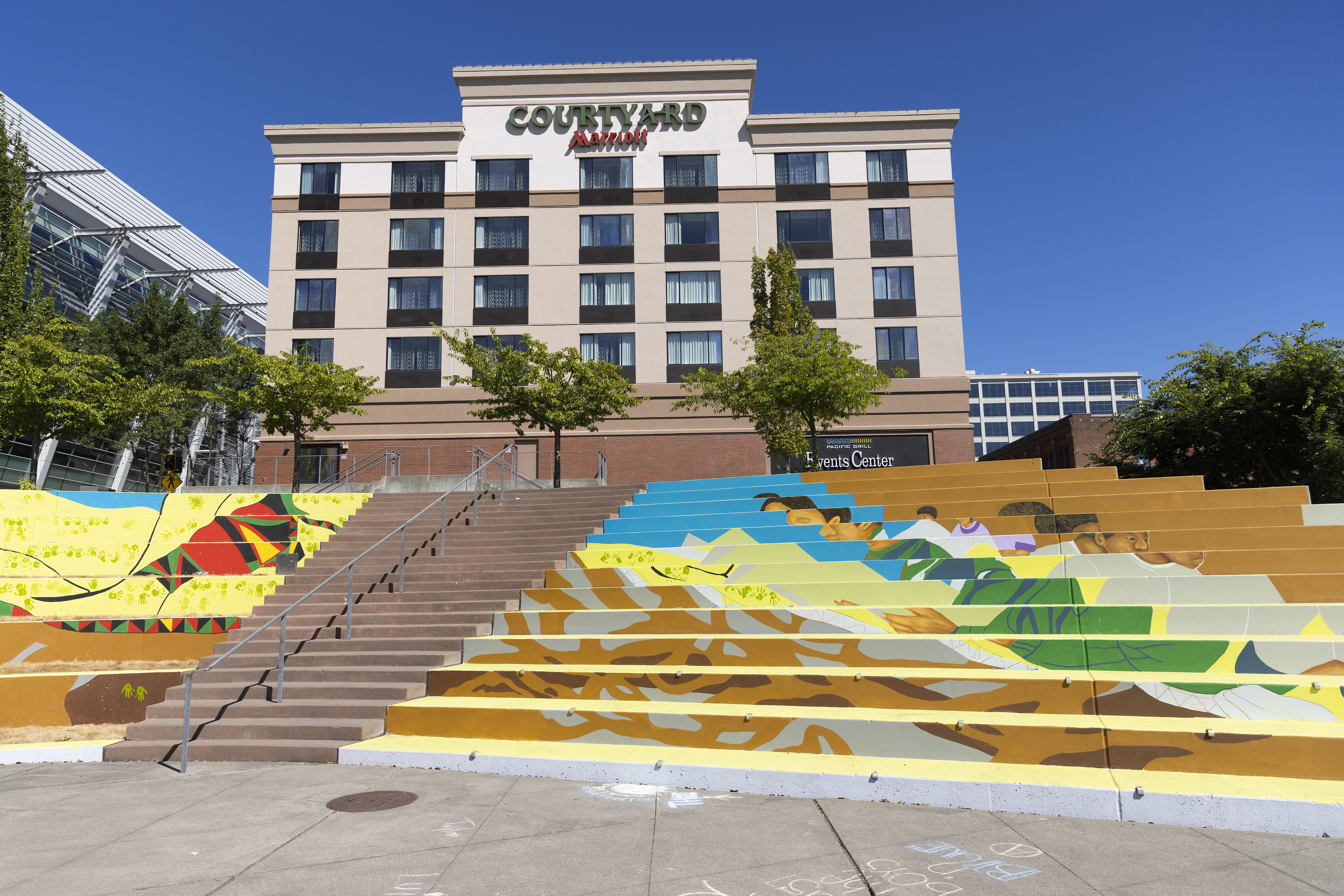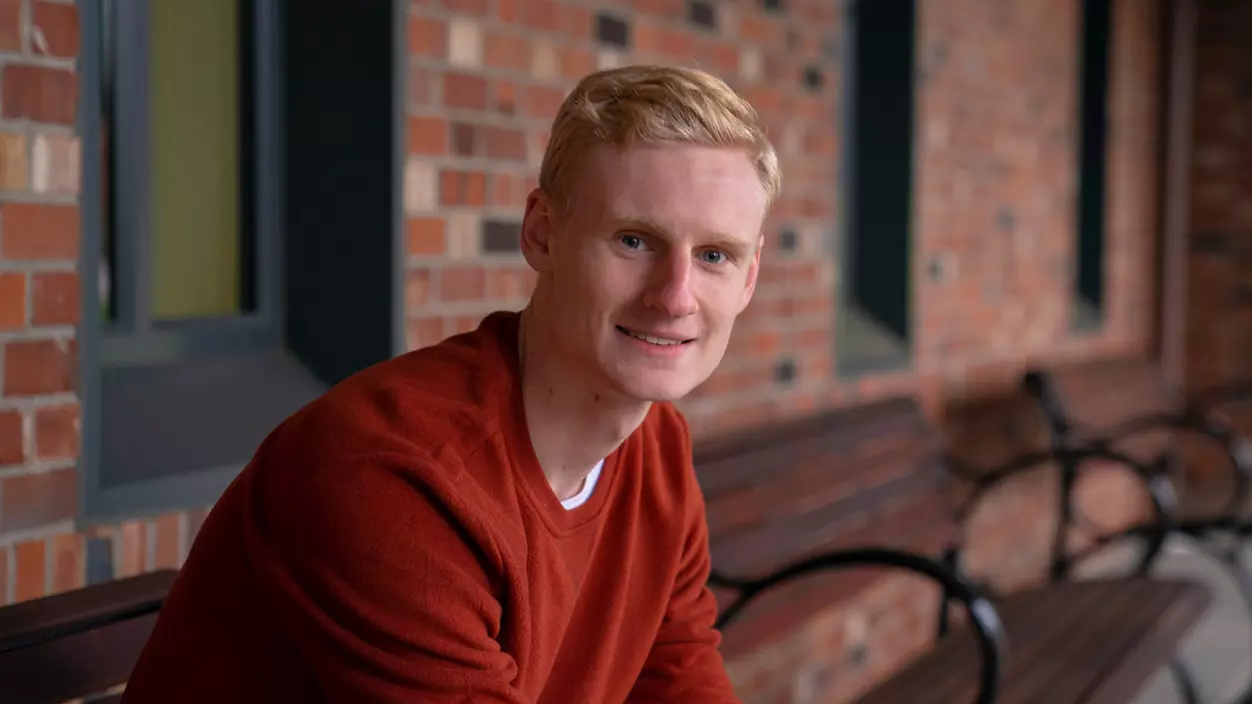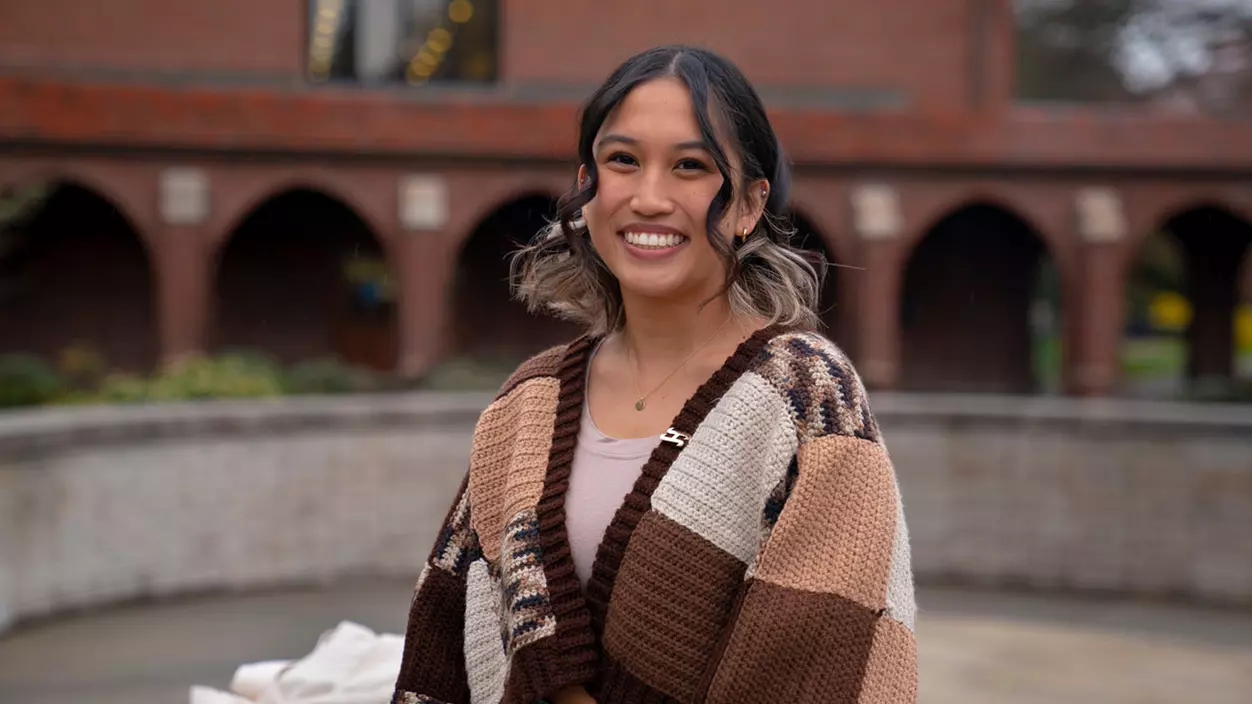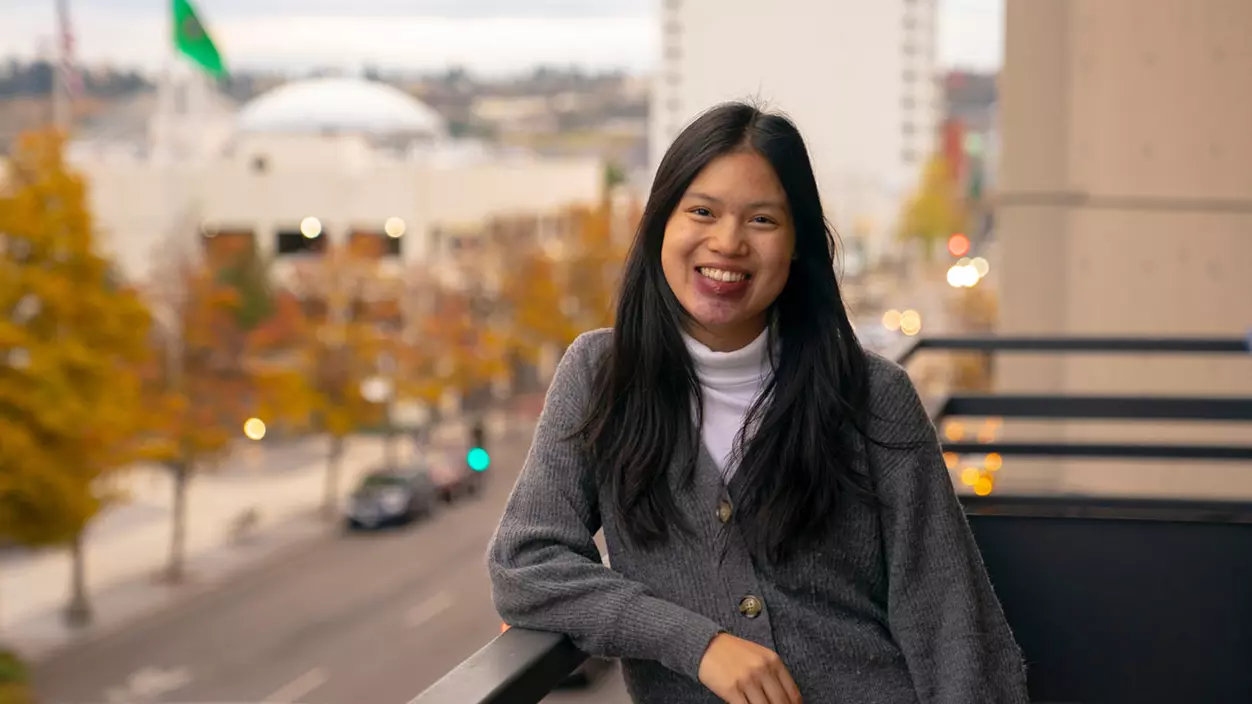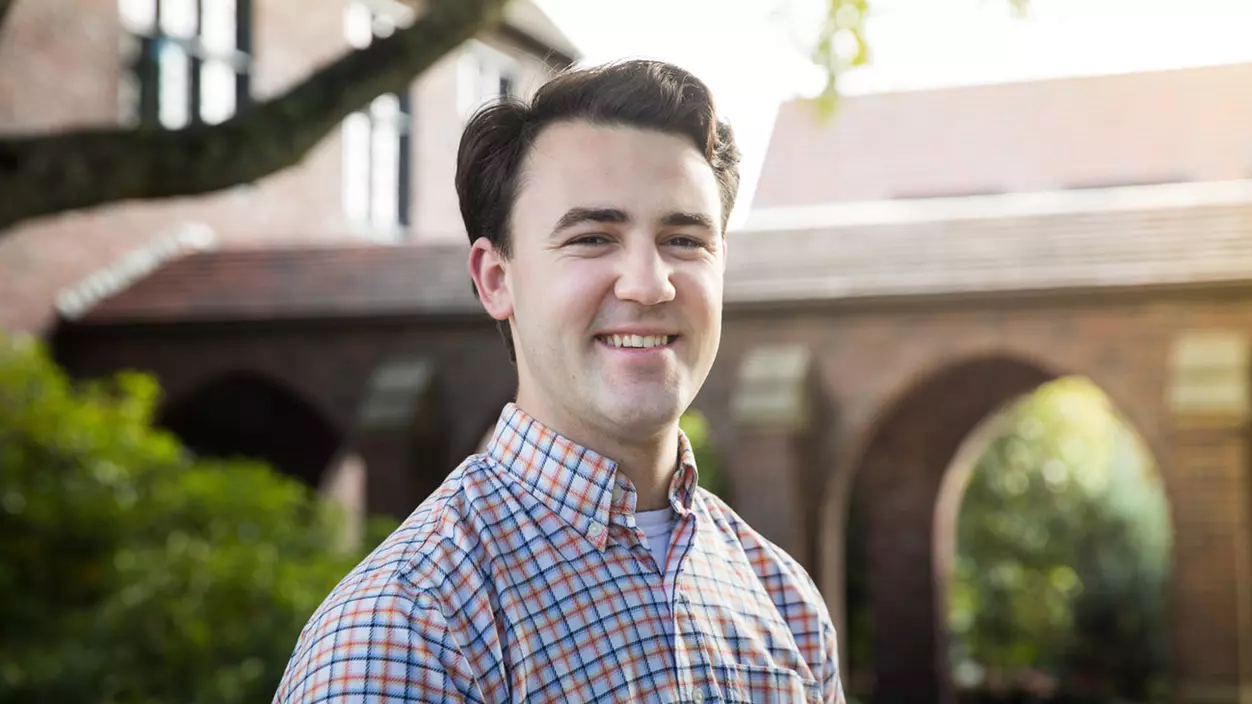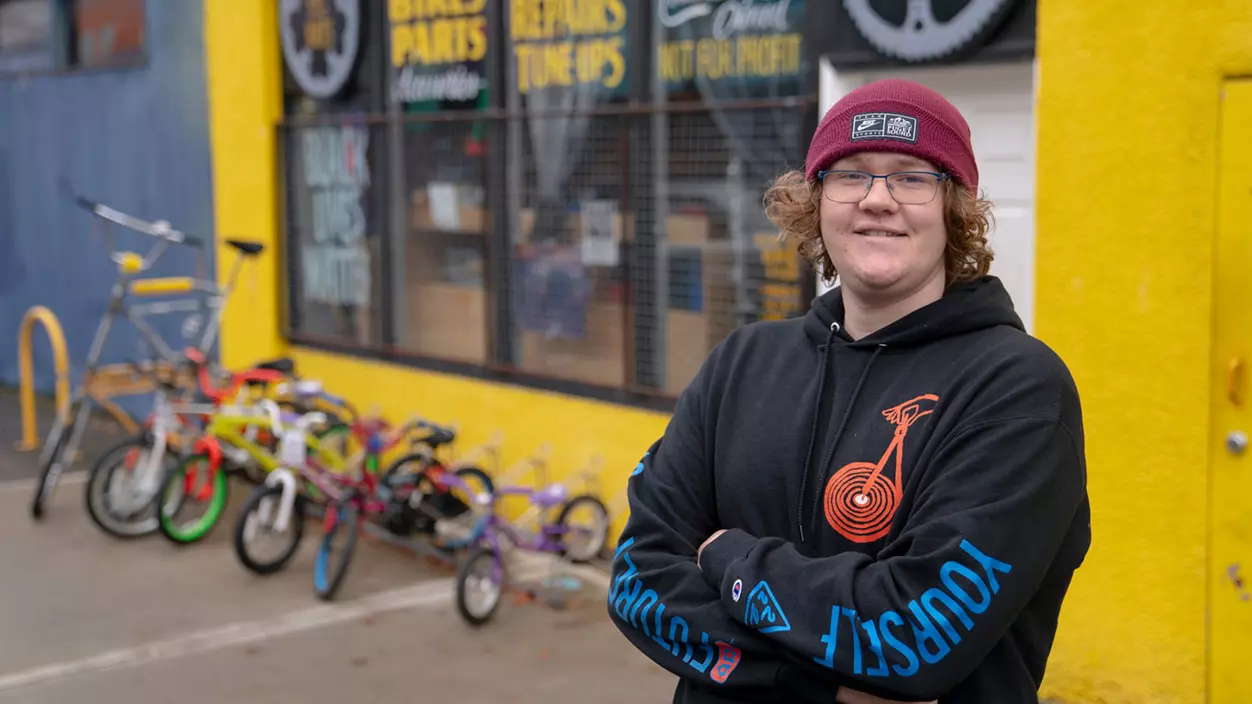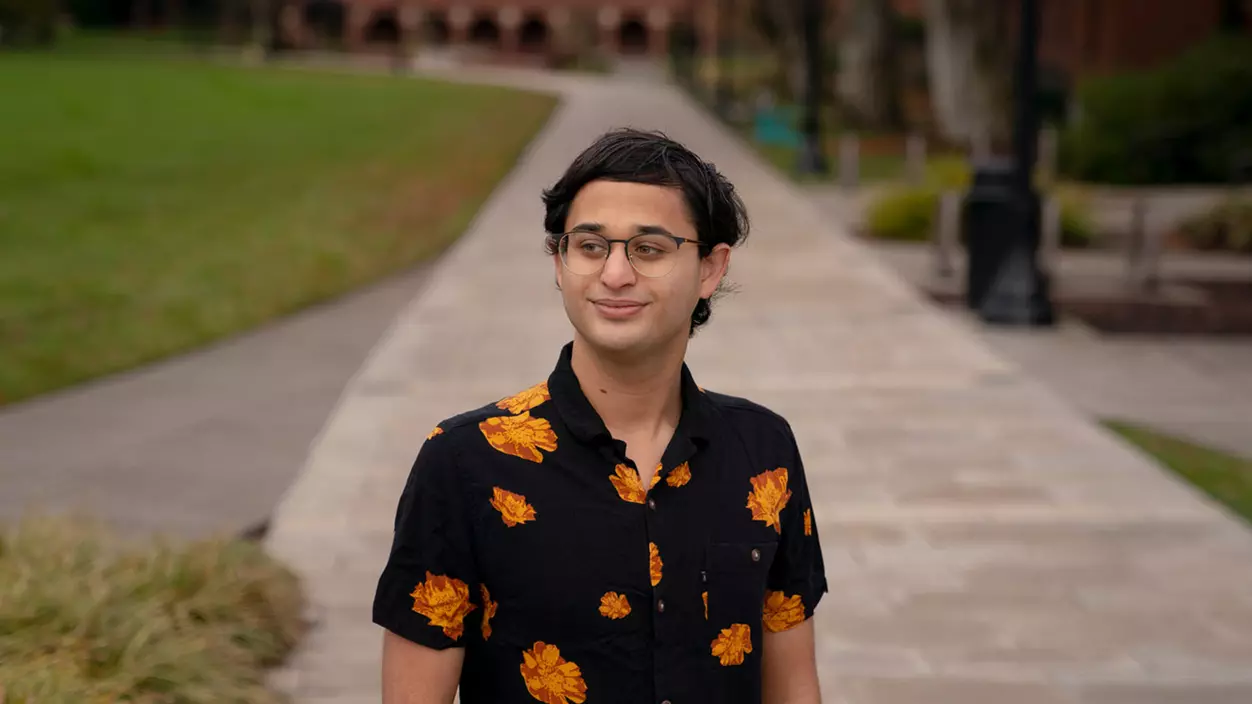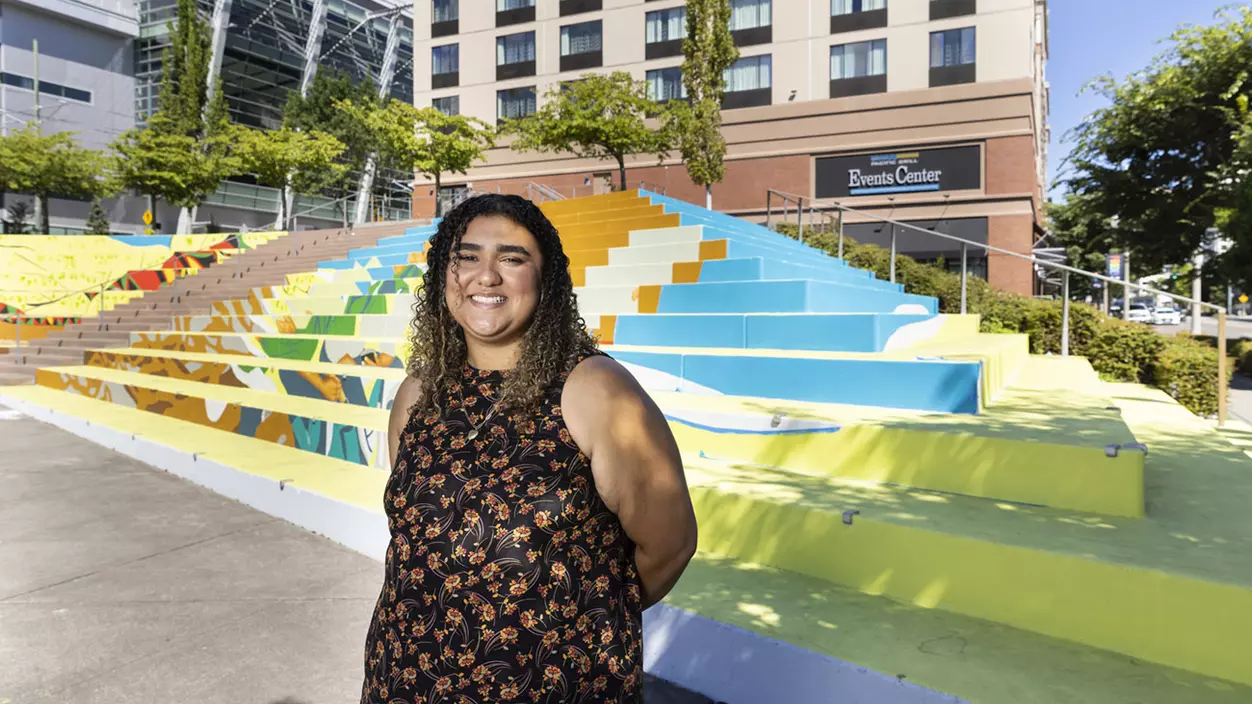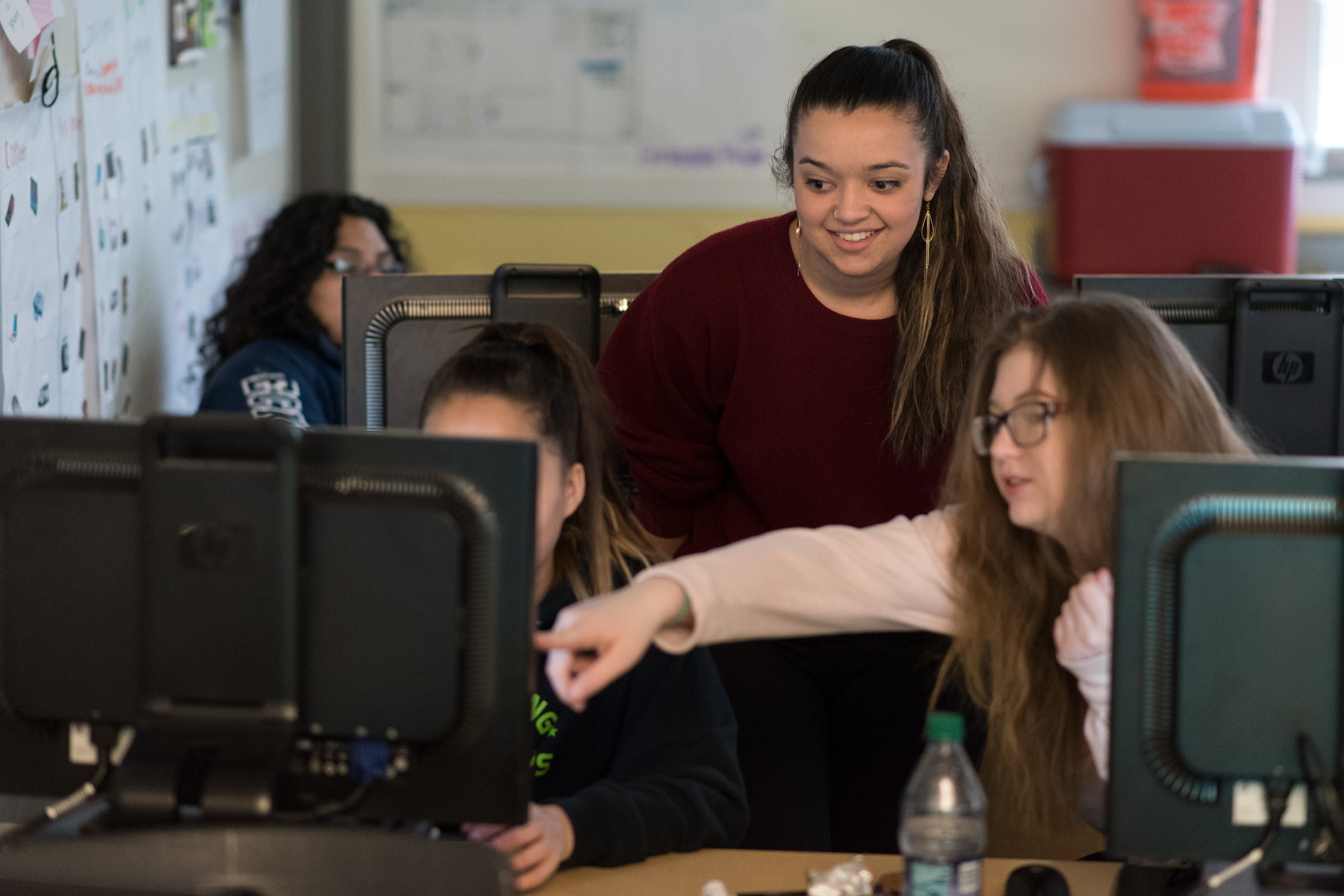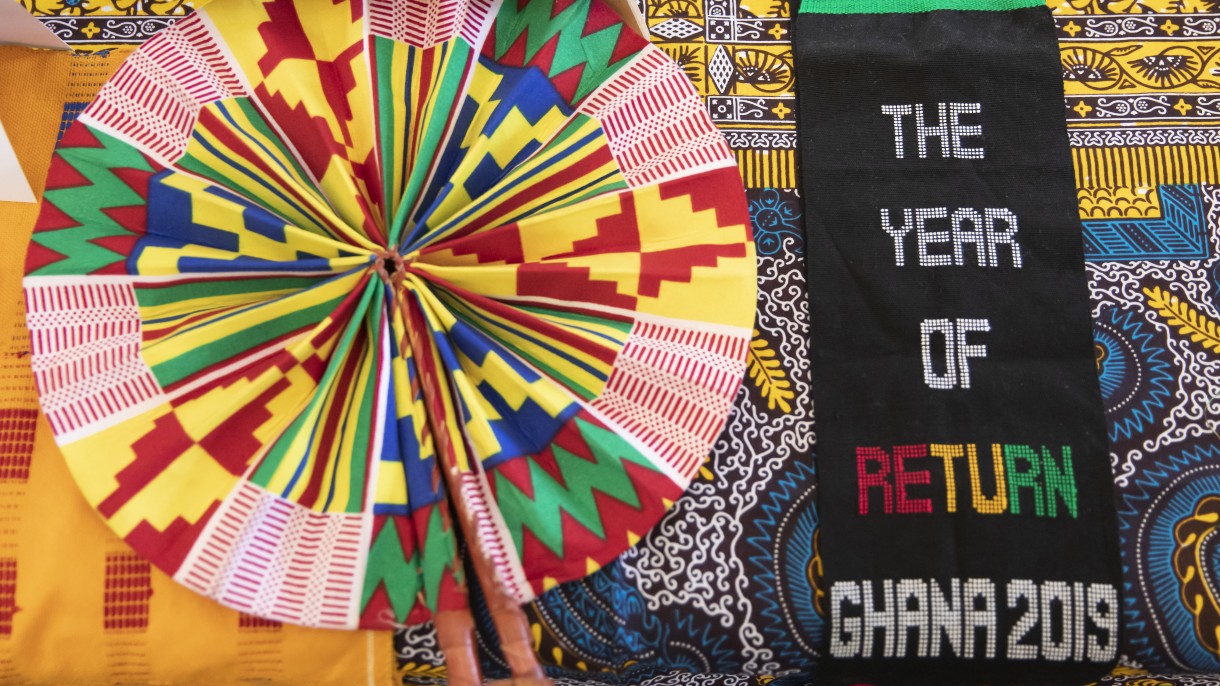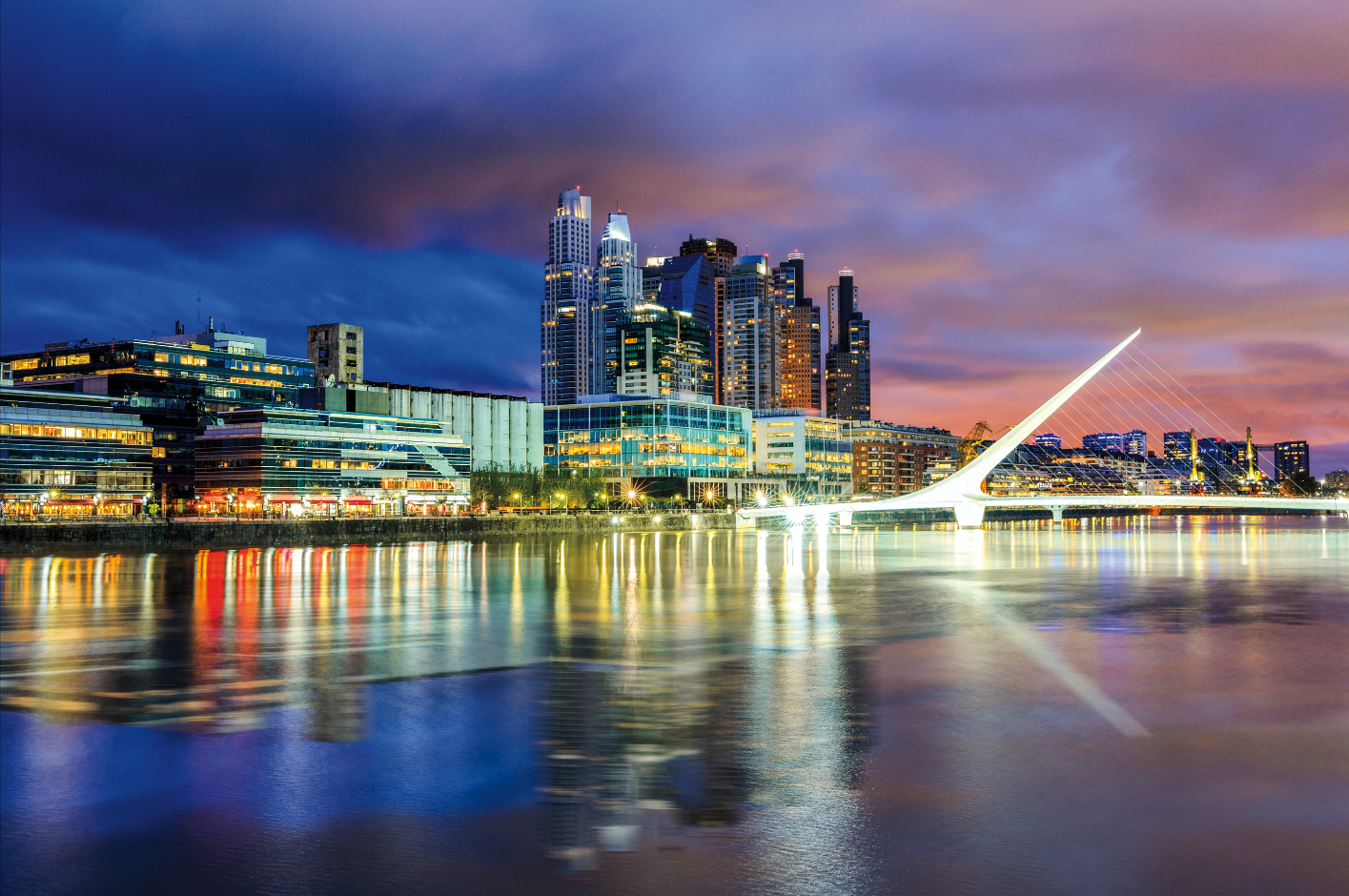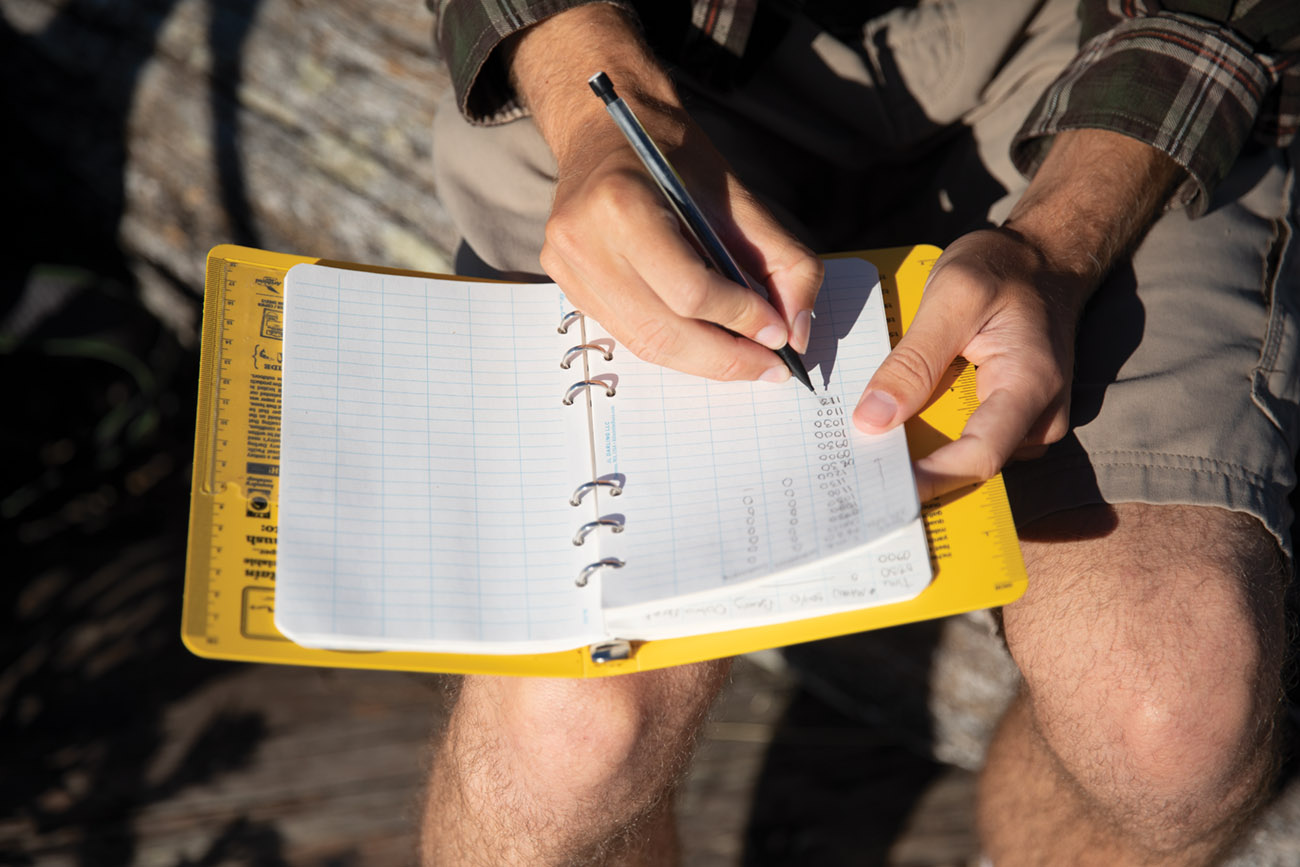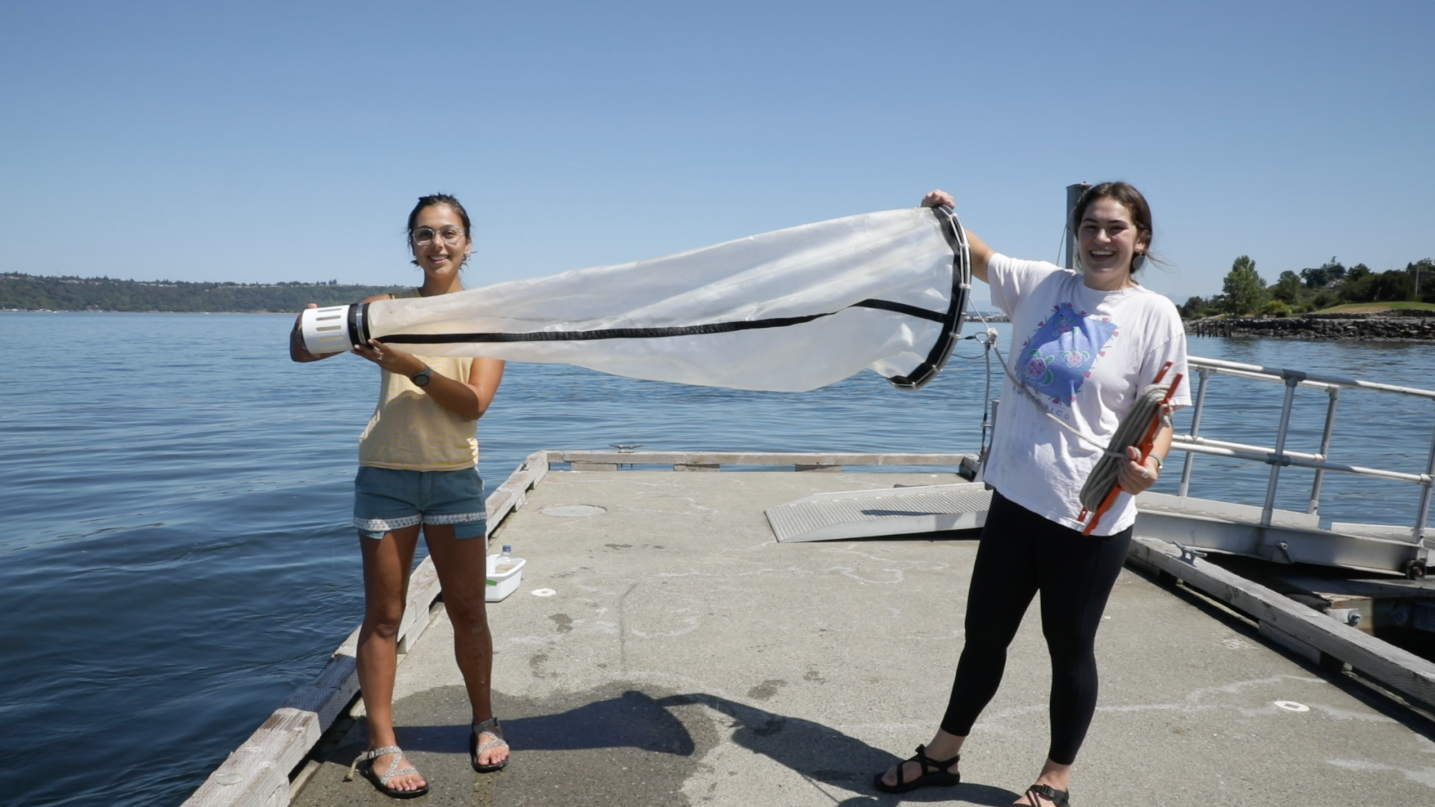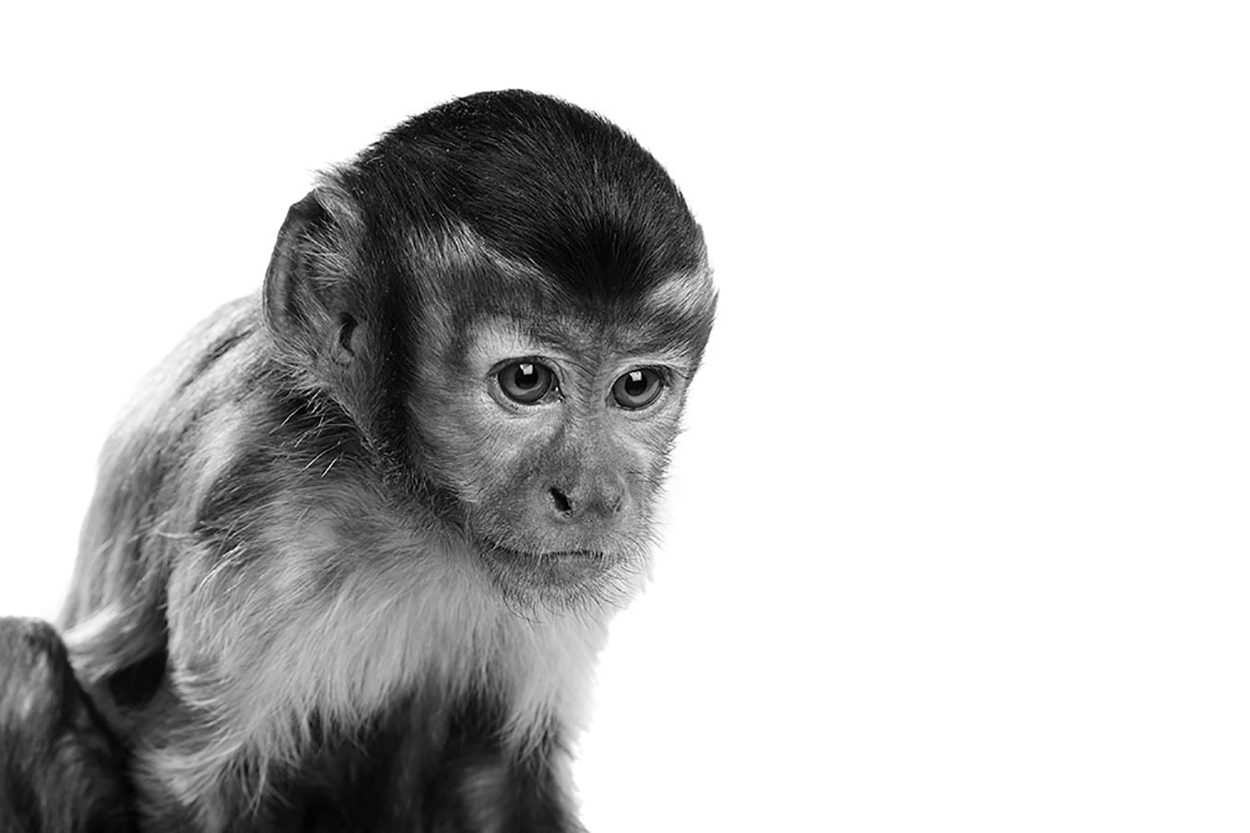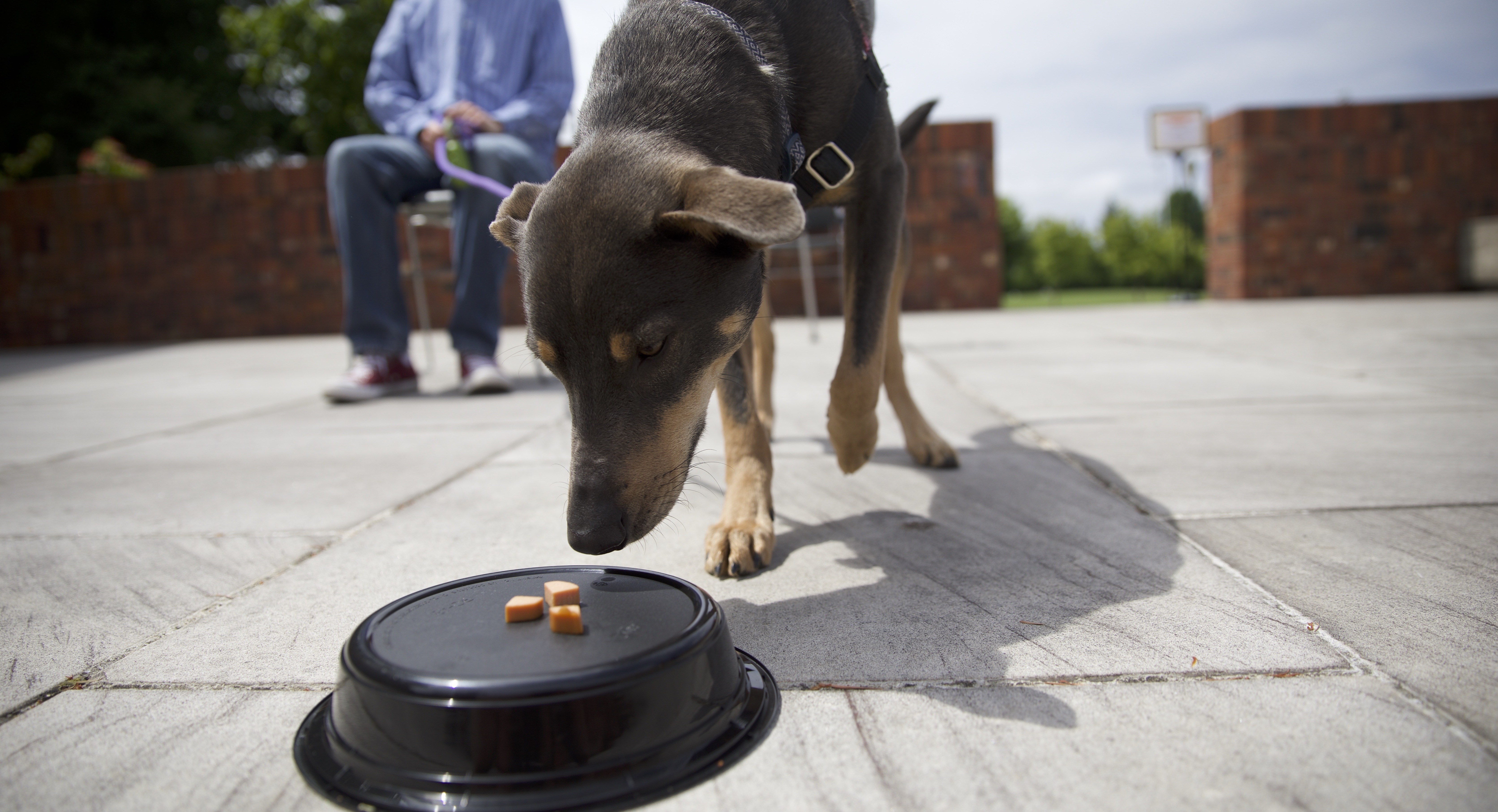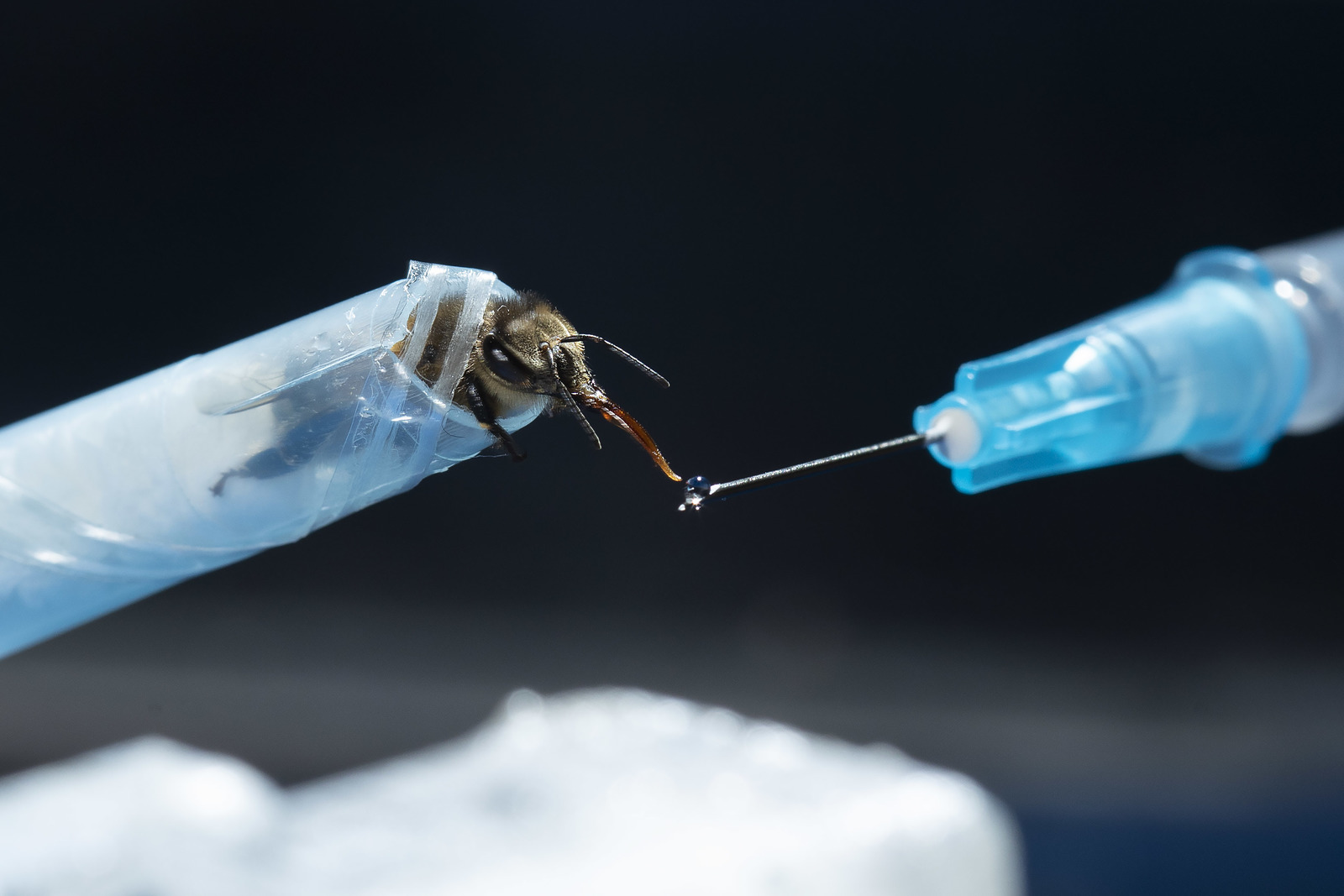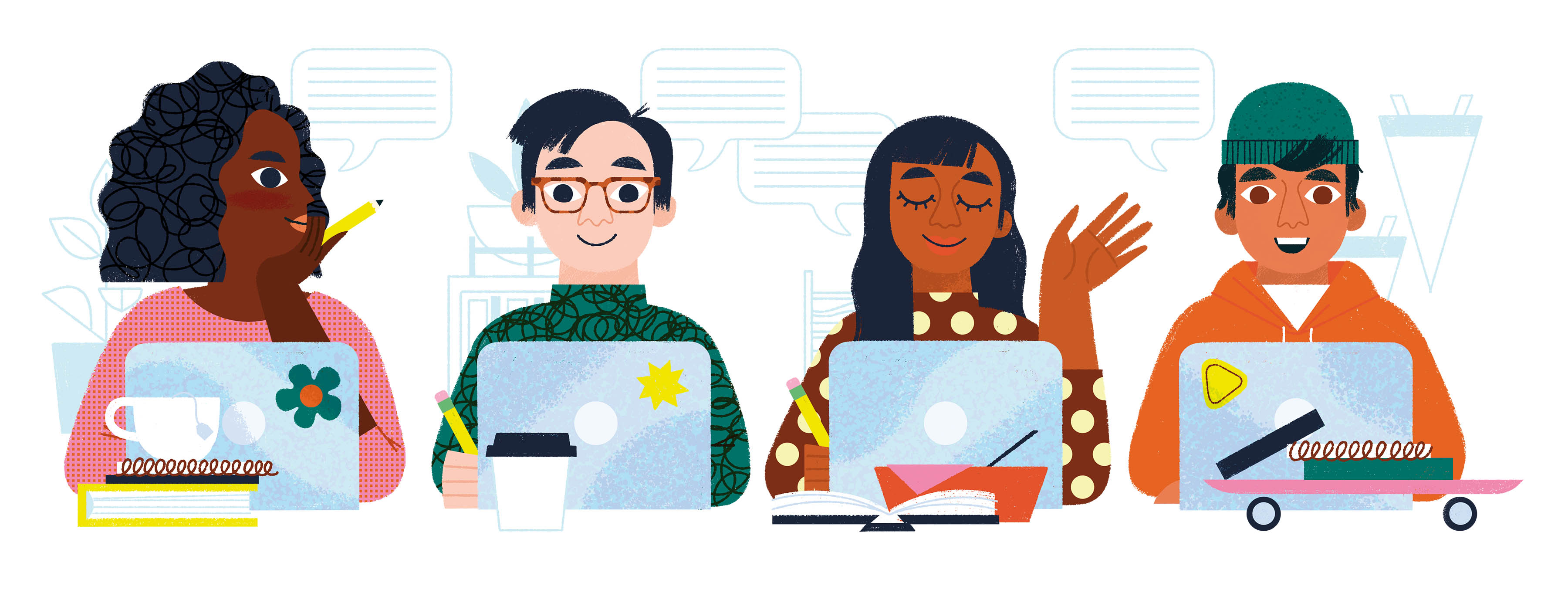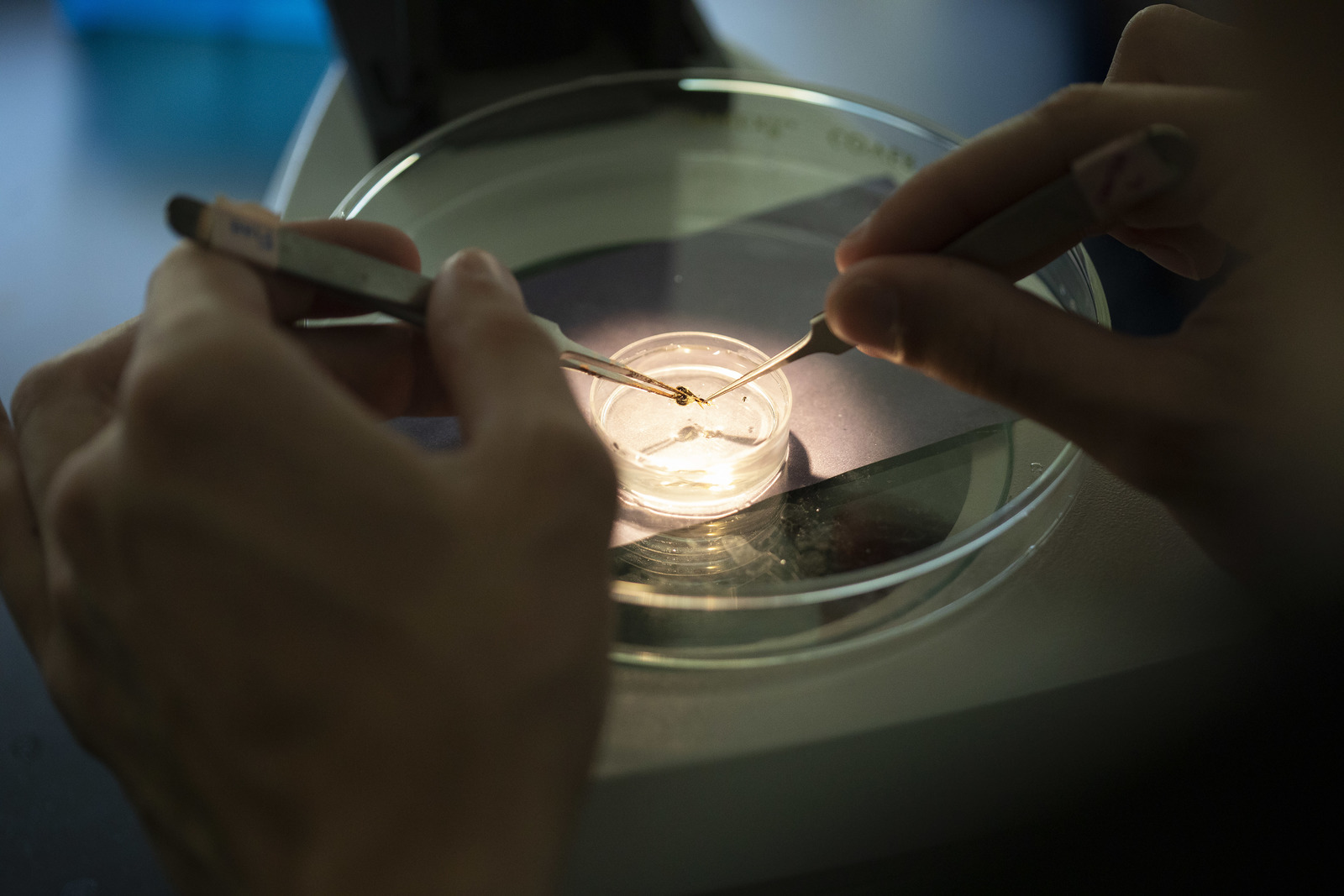Leaving her mark in the heart of downtown Tacoma through public art.
MAJORS: Communication studies; African American studies
ABOUT THE GIG: Pargmann-Hayes served as the marketing and communications intern for the City of Tacoma, in which she helped organize and introduce the Black Lives Matter mural that’s sprawled on the Tollefson Plaza steps. The project, supported by the Civic Scholarship Initiative, was finished in September; since then, she stops by the mural whenever she’s visiting the museums in that part of town.
WHAT SHE DID: Pargmann-Hayes met with artists to learn their needs, posted project updates on social media, touched base with dozens of volunteers, and managed the logistics of “painting days.” She even painted a little bit herself—the tops of steps, plus a few sections that were outlined. “Art is a really important part of activism,” she says.
LESSONS LEARNED: The mural project aligned with Pargmann- Hayes’s passions for social justice issues. In addition to working at Puget Sound’s Race & Pedagogy Institute, she is a member of the Black Student Union and serves as the director of equity, inclusion, and justice in ASUPS. In making the mural, it was helpful to hear from people in Tacoma, she says, and compare their experiences with what it’s like on campus. That kind of feedback, she says, can be used to connect more deeply with the community.
